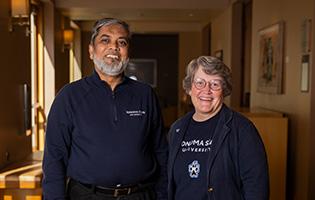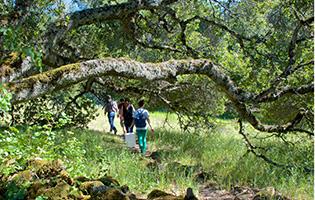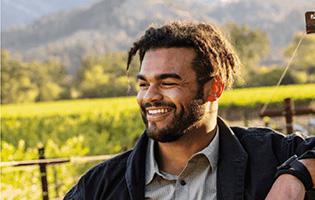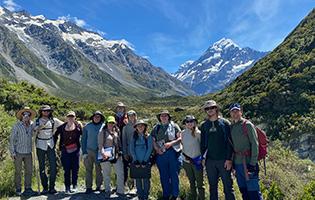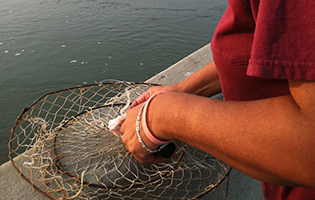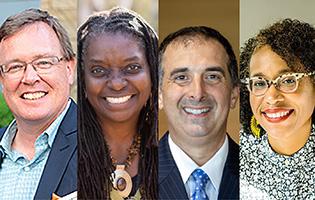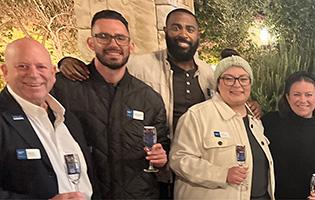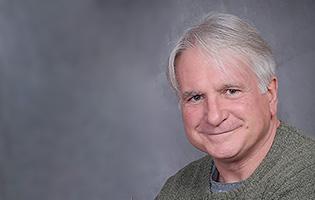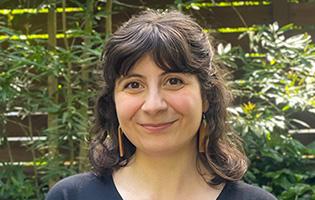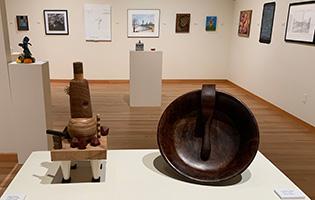Exploring a unique culture
SSU researcher’s study of the Gullah people yields insights about "shared abundance"
Sharon Fuller has always felt connected to water.

Growing up in coastal areas, and later leading an environmental group that partnered with public schools to develop ecology-minded leaders, she’s always felt a kinship with those who live and work around rivers, bays, and oceans.
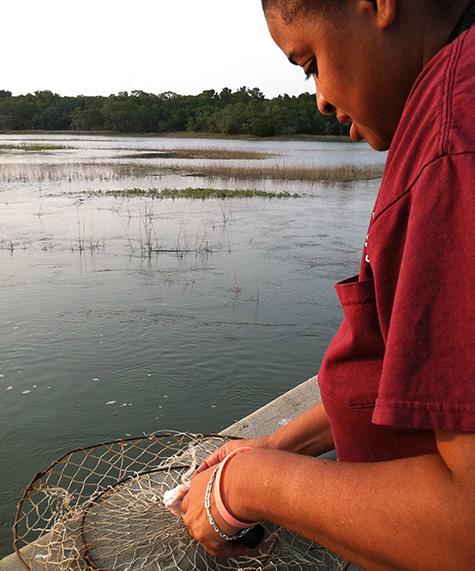
So it wasn’t surprising that when Fuller – a Sonoma State adjunct professor of multicultural studies – was working on her UC Berkeley dissertation for her environmental science doctorate, water played a big role. What emerged from that work, and is chronicled in ensuing publications by Fuller, was fresh appreciation for the Gullah – a fishing population that identifies as racially black but culturally indigenous, and lives predominantly in what is known as the Lowcountry region of South Carolina, North Carolina, Georgia, and Florida.
“South Carolina sea islands kept popping up” as her dissertation work unfolded, Fuller said, and as she researched how indigenous populations in coastal areas achieve autonomy, she focused on the Gullah of St. Helena Island, who had been narrowly defined in the dominant literature as “subsistence fishers” – primarily of shrimp, crab, and oysters – as perceived through a capitalistic framework of poverty, income, and basic lifestyle.
Fuller discovered that the Gullah people (often referred to as Geechee, an umbrella term that describes the population and its language) “reject the poverty framework,” she said.
The Gullah frequently work outside of the typical capitalistic economy, as they “operate from an ideology of abundance” and fish in a sustainable manner that preserves their resource-rich tradition, Fuller said. Their lifestyle relies on multi-sited, multi-seasonal harvesting, a kinship network of distribution, and an understanding that “If a person has resources in the community, they are available to everyone.
“They fish every day, all day – in some way interacting with the waterway, even if they go off to another job for the rest of the day,” Fuller said. “It’s who they are – they fish, they crab, they shrimp, and then they share.”
Gullah culture also emphasizes the preservation of cultural knowledge, substantially retaining largely oral traditions from West Africa but co-mingling them with indigenous peoples in America.
Despite their multi-generational presence throughout the Lowcountry, with properties passed down from one generation to the next, Gullah communities and lifestyles face threats and challenges, Fuller said. Areas where they live and work are targets for resort development, which can limit their access to waterways. “What the Gullah hate most is to see fences erected,” she said. “If Gullah homeowners are on the shoreline, all Gullah have access to the shoreline. That access is threatened when a resort comes in.”
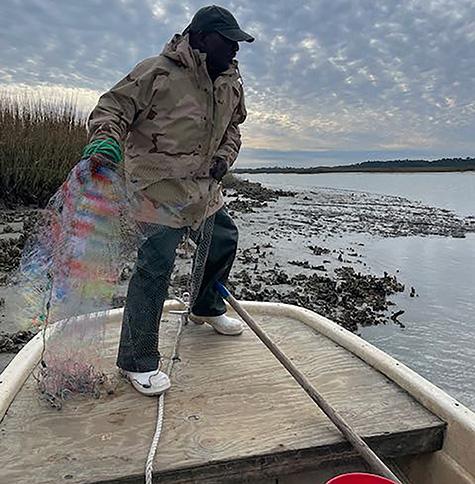
Climate change – sea level rise, warmer water temperatures – also impacts Gullah practices. Warmer water means a shift in commercial fishing seasons, with a resultant impact on the Gullah economy. They also are losing some of their established fishing areas along the shoreline to erosion.
“The Gullah are not trying to establish sovereignty (over land),” Fuller said. “They want to be able to maintain their practices where they are. That doesn’t always mean they need ownership rights, just access. Their main concern is to be able to continue these practices that are intricately tied to the landscape.”
Fuller, who has been back and forth to the area since 2010, said it took her a while to fully develop trust with the Gullah, which came when she was able to spend longer stretches of time living among them.
“There’s a different way of existing within the United States that folks don’t recognize because they continue to graft one model onto all populations, and the Gullah have a very distinct way of existing that is communal. It is not based on a wage-based economy, but is reciprocal, sharing, and cooperative. This allows them to exist with a degree of autonomy in the spaces where they are,” she said.
—Jeff Keating



